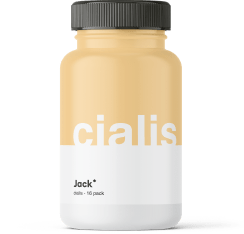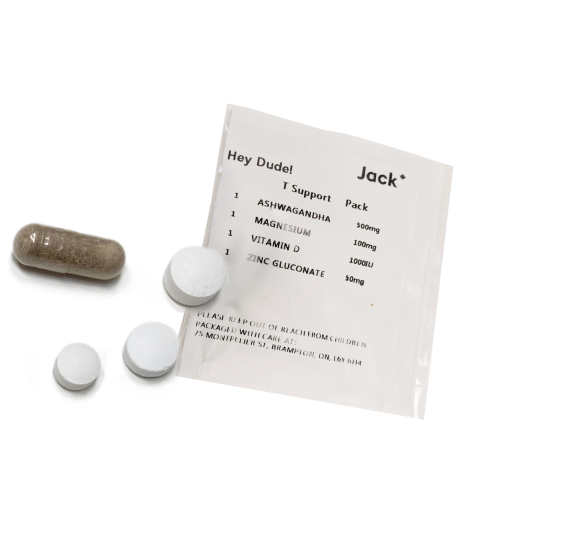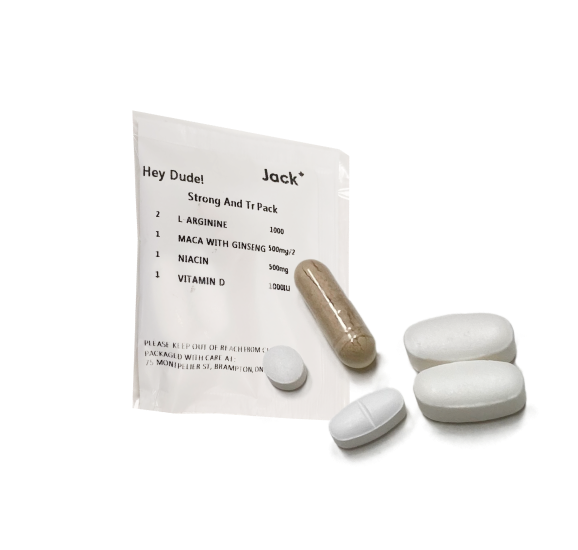A DEXA Scan is an imaging technique invaluable for tracking bone health over time and monitoring weight loss progress.
In this article we will cover:
- What is a DEXA Scan
- How much does it cost
- What factors are influencing the price
- Insurance and coverage options
- How to get a DEXA scan in Canada.
What is a DEXA Scan?
Dexa Scan (Dual Energy X-ray Absorptiometry) is a medical grade test that provides the most precise information about bone density and body composition. A DEXA Scan is considered the gold standard as it is the most accurate method for body composition analysis trusted by doctors, medical researches and sports labs. It is a fast and non-invasive method based on a three-compartment model that measures bone mineral content, fat mass and fat-free mass and allows tracking of changes over time.
Who Should Get a DEXA Scan?
DEXA Scan is a valuable tool for monitoring progress by:
- fitness enthusiasts
- athletes
- for those seeking weight management
- body builders.
It is irreplaceable for individuals with a family history of osteoporosis as it can measure as little as 2% of bone loss per year. A DEXA Scan can also be used as part of a cardiovascular risk assessment.
The Canadian Government recommends a DEXA Scan annually for:
- all women and men who are age 65 or older
- a post-menopausal woman between the ages of 50 and 64 years or men in the same age range who have a low bone mass, high alcohol intake or currently smoking, body weight under 60 kg, rheumatoid arthritis or other bone-weakening disorder and vertebral fracture or parent who had a hip fracture.
How Much Does a DEXA Scan Cost?
A DEXA Scan can cost from $65 up to $499 in Canada, depending on whether the scan is done for body composition, bone density or heart & stroke risk assessment, as well as location and choice of provider. In general, in Canada the Federal Government will cover initial DEXA Scan if a person meets set criteria as well as follow-ups every two years.
Most insurance companies will cover initial DEXA Scan if a physician orders the test and there are risk factors like smoking, genetics, being over- or under-weight as a part of their preventive benefits. However, it should always be checked with the insurance provider if they will cover the cost and if possible shop around to make it cost-effective.
Some facilities offer an initial scan and follow up for a reduced price, so it should be researched what the offers are.
Factors Influencing the DEXA Scan Price
Location Variability
The cost of a DEXA Scan in Canada varies among different geographical locations due to different regional regulations and can be quite expensive. For instance, OHIP covers bone density tests whereas Alberta Health care does not cover this exam.
Medical Services Plan of British Columbia (MSP) has agreed after 25 years of refusal, to finally fund DXA at Prohealth.
It is best to discuss the cost of this procedure with a doctor, the medical facility staff and insurance provider to get a better understanding of the charges.
There are major differences in prices for a DEXA Scan among different cities, for example:
- Edmonton is $65
- Toronto $85
- Victoria $165.
Public vs. Private Healthcare Facilities
The cost of a DEXA Scan is higher due to staffing and facility expenses, while specialized facilities offer more affordable prices as they are solely focused on DEXA Scans.
The advantages of private healthcare facilities are:
- shorter waiting list
- usually same-day DEXA Scan services with reports returned within 3 working days.
Insurance and Coverage Options
It is always advisable to contact licensed Canadian insurance advisors to check if the chosen health insurance company is covering for a DEXA Scan. It is most likely that they will cover DEXA Scans if they are ordered for diagnostic reasons, whereas scans done for personal reasons are generally paid for by the patient.
How to Get a DEXA Scan in Canada
Either a doctor will provide a referral for a DEXA Scan or individuals may decide to book an appointment for a private DEXA Scan without a doctor’s referral. With referral it is necessary to book the appointment through an imaging clinic in the patient’s area.
Where to Get a DEXA Scan
A DEXA scan can be performed in:
- hospitals
- specialized clinics
- certain fitness centers.
There are inequities across the provinces in Canada regarding the management of osteoporosis. For instance, Ontario is at the forefront of osteoporosis care, whereas British Columbia and Saskatchewan have limited access to DEXA Screening and treatment.
Key Takeaways
- A DEXA Scan is a reliable tool for managing osteoporosis and weight since it breaks down the tissue down to muscle, fat and mineral content of bones offering more complete and accurate assessment
- It can be quite pricey depending on geographical location within Canada, if it is done in public or in private healthcare facilities, as well as it was needed for diagnostic or personal reasons
- Always check with the licensed insurance advisor if the test is covered by the insurance company or not.
Frequently Asked Questions
Are Bone Density Scans Safe?
Bone density scans are considered very safe, just not advised for pregnant women because of exposure of an unborn baby to radiation. They use much lower radiation than standard X-rays, allowing the radiographer to stay in the scanning room.
Is It Worth Getting a DEXA Scan?
A DEXA Scan is the gold standard for measuring bone, fat and muscle composition meaning that it is invaluable in monitoring progress when it comes to building muscles or losing weight as well as tracking bone density changes in case of increased risk of developing osteoporosis.
Is DEXA a Full Body Scan?
While DEXA Scans can assess the entire body composition their primary role is to evaluate bone density which is done by measuring bone density in spine, hip and/or wrist.
Sources
Dual-Energy X-Ray Absorptiometry Scanning in Practice, Technical Aspects, and Precision Testing
A scorecard for osteoporosis in Canada and seven Canadian provinces
Funding for DXA bone density testing
What’s the Real Cost of a Dexa Scan?
Interest of a prescreening questionnaire to reduce the cost of bone densitometry






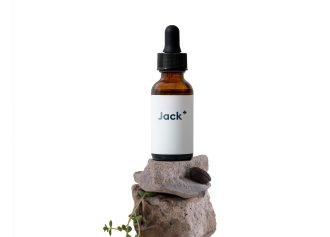







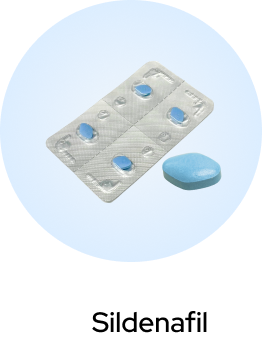
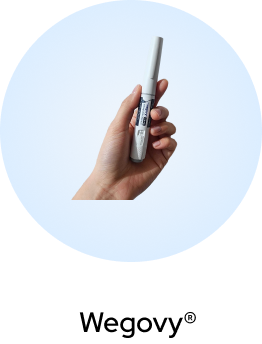
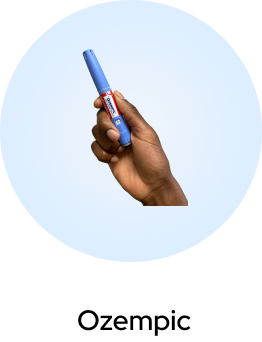


 (US)
(US)